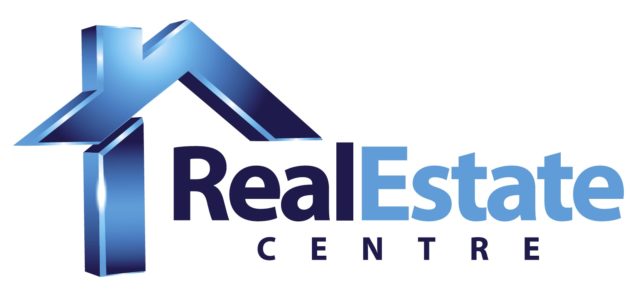MNP’s Dean Klippenstine’s quote, “I’d rather have really good management than lots of old money for a great transition,” really hit me as we considered the risk factors in farm transitioning on an AGvisorPRO webinar.
As mom to a young successor and wife to a very ambitious, determined, successful seed grower who is wired to get tasks done, I’m seeing firsthand how it can be an interesting journey to graciously let go of control and mentor the next manager of your farm business.
Dick Wittman of Wittman Consulting poses the following discerning questions to potential managers. Here are my responses to his questions.
What are your long-term goals related to a working career on-farm?
You want to embrace passion and desire for the long haul of farming. The past five years have been golden ones for many, yet we are in a new zone now of expensive equipment, tough fertilizer prices, rising interest rates and high land costs.
Where is the positivity to find opportunity in tough financial cycles? Are you willing to keep a long view and get good at your financial skills in your career? How much financial transparency is there between the generations?
How do you feel you are progressing toward those goals?
A farming year whizzes by, and each day has new challenges. If you are a young parent with children, like my son, you feel the real pull to be present for family and the push to keep on task in a timely fashion with farm demands. This polarity is a problem that is never going away; it will always have to be managed.
On our farm, Dad – the founder who is stepping back without stepping away – asks every morning of the new manager, “How can I help today? What do we need to get done?” This shows respect and understanding that a task-oriented person will see things differently while the new manager is more people and relationship-focused.
What strengths do you have that you feel are not being utilized to their fullest potential?
Do you know what your strengths are? Our coaching team uses the personal style indicator, an online tool, to discover how you are wired for tasks, people, details and influence. This assessment really helps people work from their strengths.
What do you need to be more empowered to do your current job?
I think you can make a lot of headway with grooming the next generation when you learn to recognize their opinions and respect their innovative ideas. Many young farmers tell me they just would love to have their voices and opinions heard and respected by founders.
If your successors have an idea-communication style like our son does, you need to give them time to go on tangents and explain the why behind their next innovation for progress.
On our farm in 2022, we dug an irrigation reservoir and did a quarter of tile drainage, and there is more to come to make our existing land more productive. We don’t plan on buying more land. This process has been long and arduous with the politics of water in Manitoba, yet it strengthened the resolve and negotiation skills of the next generation when both generations collaborated on their approach to obstacles.
What are you looking for in a leadership structure as the current CEO transitions out of this role?
Wittman’s daughter is his new CEO. He still calls the shots on the logging business division because no one else wanted that role. Being clear about roles and responsibilities for each generation is life changing when you know what is expected.
Wittman also uses a board of advisers for his decision-making structure. Have you introduced your successor to the financial planner, coach, broker, marketer, accountant and lawyer? These advisory relationships can be developed early. I know one farm family who takes their teenager with them to the accountant as part of his learning plan.
What can we do to improve communications and teamwork?
We can all be curious and be better listeners. The fastest way to get things done is to have a designated blocked-off time for farm family business meetings with a clear agenda. The mantra of a great business is to focus and execute.
What frustrations have you encountered with the transition process?
Procrastination and conflict avoidance come to mind. Putting things off because you just don’t know where to start or are unsure of the next steps is not helping you. Conflict can be resolved when you learn how to use your intentions, actions and responses to be clear and create solutions. A culture of managers who are clear with their values of honesty, integrity, teamwork and accountability will be a joy to work with and will attract new workers.
What suggestions do you have for taking the next steps in the transition?
Each person brings a new perspective to the journey of change. Successors need a fair compensation for their budding skill set, and founders need to have secure income streams as they age in place on the farm. Money is not evil. Money is an energy and a resource. Hopefully you have built a very profitable and viable farm operation with many options for growth.
I look forward to hearing your best management practice that gives your new manager wings to grow and security knowing you are a fabulous mentor for the journey ahead.










